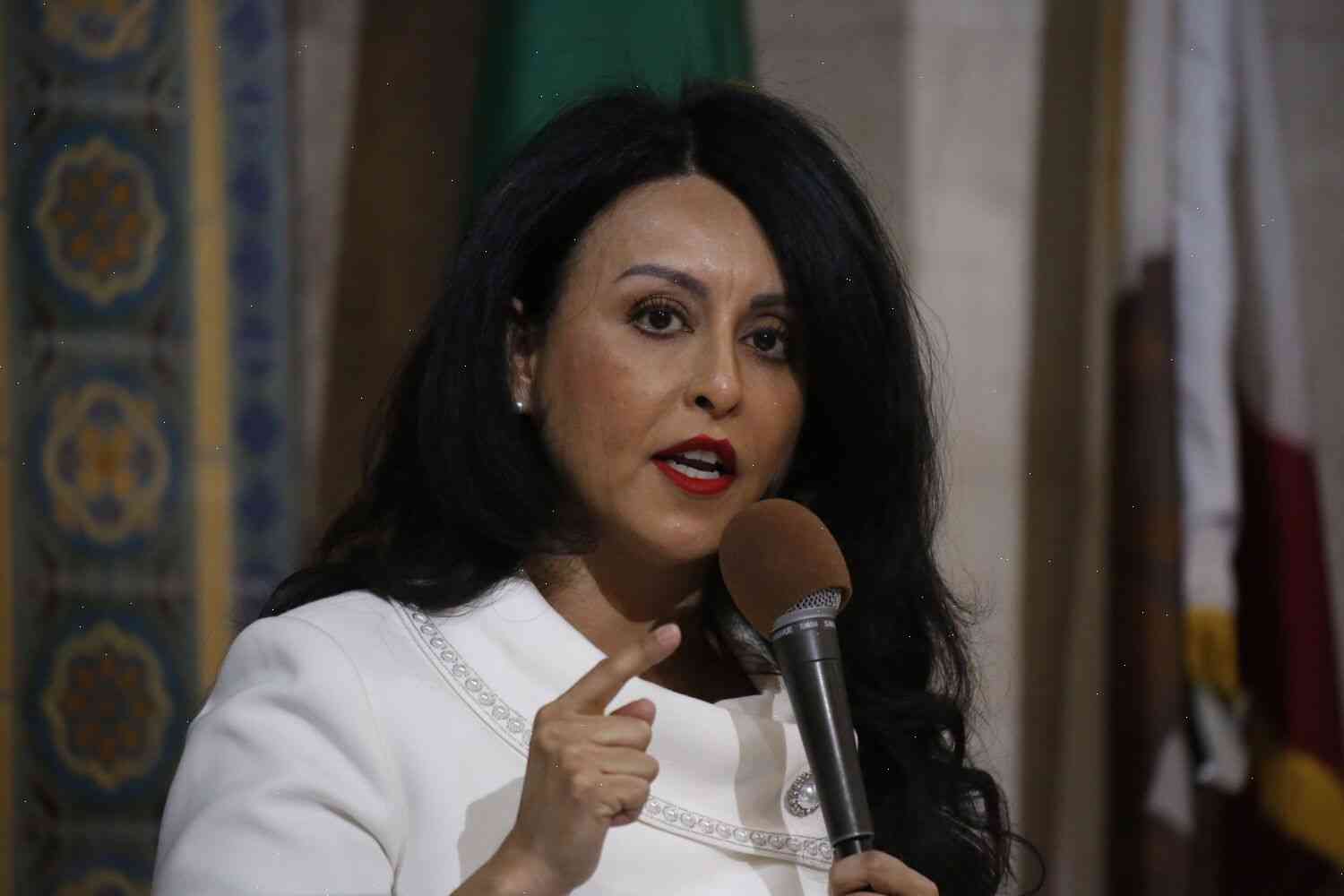Calendar Feedback: City Council column belonged on front page and in all of the local newspapers. The councilman would have to come to my house to get it. I wrote my column from then, and at first he didn’t like it–he said it was too political and he just wanted to see “what happened.”
January 26, 2002
City Council
Greetings from the front page of the New York Times. A little more than a month ago, I received a copy of this column of mine in a letter that came to my door. As you will see, I included a few of my own comments on this column in it. As I said in the letter, I would be grateful for a copy of the Times and for the opportunity to make this column available to the readers of the Times.
Here is my column from December 19th. This column and the comments on it appeared on page 2 of the Times on December 20.
I received this from the editor of the New York Times.
CITY’S NEW BOARD TO RULE ON WEST MANHATTAN
By DAVID SHUMBER
City Planning Commissioner
The fate of New York’s one and only city-owned bank is in the hands of a City Council committee now expected to act quickly — perhaps this month — to close it without the approval of its own mayor and the comptroller.
In essence, when the City Charter establishes a City Planning Commission made up of three “freeholders” — that is, the City Council and the Common Council — it means the commission must approve every major initiative and every major bill.
This means, by definition, that the City Planning Commission, and not the Common Council, will approve of the closure of the Bank of New York. If Mayor Giuliani were to approve the proposal, it would force the City Council to do the same.
There is something about this whole saga that makes me almost afraid. For years, I’ve been arguing that the City should let the Bank of New York go bankrupt and, if it can’t be saved, close it, leaving the city with the savings, and perhaps the deposits, of the bank’s depositors.
The argument has been based on the idea that, if the bank goes broke, there will be no need for cash in the city because the money locked up with the bank will be enough to pay the

